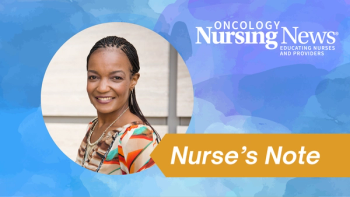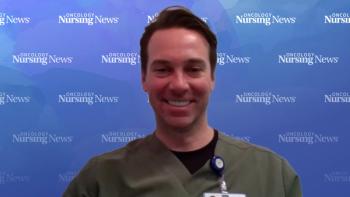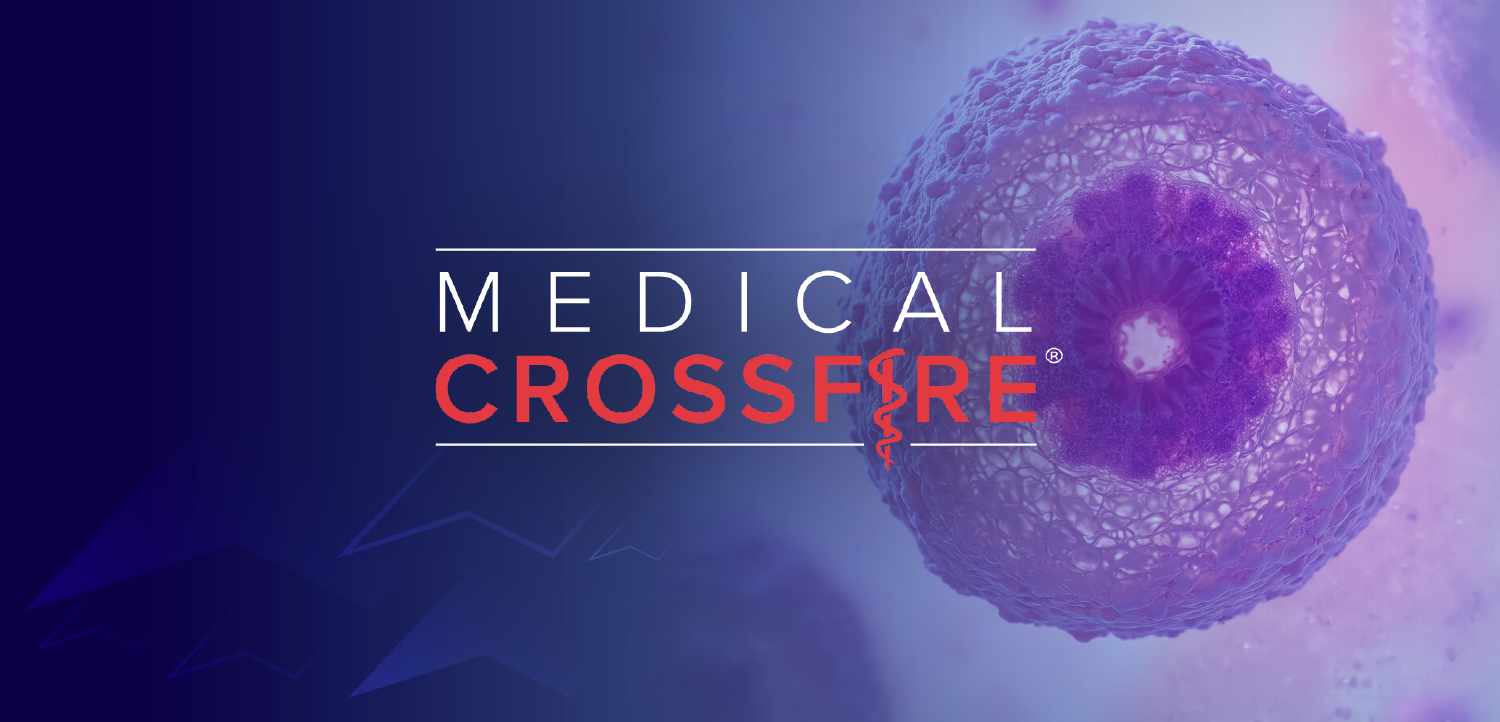
- December 2013
- Volume 7
- Issue 9
Exploring the Leadership Role of Advanced Practice Provider Manager
In 2010, Smilow Cancer Hospital (SCH) at Yale New Haven and Yale Cancer Center (YCC) transitioned from a multisite cancer care delivery system that was both university- and hospitalbased to a new, state-of-the-art, 14-story comprehensive cancer center building.
Ruth McCorkle, PhD, FAAN, FAPOS
Vanna Dest, MSN, APRN-BC, AOCN
Catherine Lyons, RN, MS, NEA-BC, FNAP
In 2010, Smilow Cancer Hospital (SCH) at Yale New Haven and Yale Cancer Center (YCC) transitioned from a multisite cancer care delivery system that was both university- and hospitalbased to a new, state-of-the-art, 14-story comprehensive cancer center building. The new hospital includes all services (inpatient and outpatient) and specialties (surgery, radiation, medical oncology, and support services). Alongside this transition, stakeholders implemented a new, patient- and family-centered, multidisciplinary, team-based care model to ensure delivery of high-quality care derived from evidence-based standards of practice.1
This care delivery system is built around 12 multidisciplinary disease-based teams (breast, lung, gastrointestinal, hematologic, etc). While the organizational structure within the system evolved, advanced practice providers (APPs) emerged as integral to this disease-based team approach—an approach which positions APPs in a central role of being a link both within their own team and among members of other disease-based teams.1
To be true to our mission of quality cancer care, the primary role of team members is to work together in a context in which clinical research is conducted and patients and families are central. All members of the team perceive themselves as essential members of the disease-based teams and true partners with their patients. The core members of the multidisciplinary team integrate medicine, nursing, social work, pharmacy, and chaplaincy.
When SCH opened for patient care in 2010, 32 advanced practice providers (APPs) served as key members of these teams. APPs include both advanced practice registered nurses and physician assistants. Soon after the transition, we surveyed the APPs to identify their needs and solicited recommendations on how we might help them in their role. Overwhelmingly, they reported a need for opportunities for professional growth and scholarship.1,2
Catherine Lyons, the chief nurse executive in oncology, recognized that it was critical to support the APPs, so they could practice to the full extent of their education and experience. She obtained buy-in from hospital administration and from the YCC director to recruit a manager to oversee the APPs to facilitate their work and evaluate their performance.
After a national search, Vanna Dest, MSN, APRN, began in the job less than 12 months ago, but in that short time, she has quickly assumed the leadership of the APPs. In addition to providing direct clinical support as a member of the lung multidisciplinary disease team, she provides dayto- day administrative oversight and support for all oncology APPs in the service line and serves as a liaison support by providing communication and professional development opportunities across departments.
Dest is also responsible for ensuring that APP practice is consistent with evidence-based practice and regulatory requirements for performance evaluation and practice reviews, and for ensuring the application of the peer review process. In addition, she serves as the oncology representative on the Leadership and Quality councils for Yale New Haven Hospital.
Enormous growth and change continue apace as a result of the transition to Smilow Cancer Hospital. As part of that growth, an additional hospital and eight community oncology practices were acquired that expand the commitment to provide quality cancer care to the people of Connecticut.
This past year, SCH adopted EPIC, a new and efficient electronic record system. During this time, the number of APPs has increased to 54. These changes have provided both challenges and opportunities for the APPs and underscored the importance of having an advocate in a leadership position within the organizational structure of SCH.
Dest’s day includes a number of ongoing leadership, education, and clinical activities, but her priority remains to implement a standardized APP peer review process in the months ahead. The APRN council of Yale-New Haven Hospital, of which all three authors are members, has adopted the final review criteria to implement the peer review process. We are confident that this standardized approach will improve APP practice.
The goal of the process is to give APPs feedback on their strengths and guidance in areas for improvement and development. The process will be phased in with APPs working in one or two disease teams initially before it is implemented throughout SCH. Our ultimate goal is to give our patients and their families the best quality cancer care possible.
References
- McCorkle R, Engelking C, Knobf T, et al. Transition to a new cancer care delivery system: opportunity for empowerment of the role of the advanced practice provider. J Adv Pract Oncol. 2012;3(1):34-42.
- McCorkle R, Engelking C, Lazenby M, Davies M, Ercolano E, Lyons CA. Perceptions of roles, practice patterns, and professional growth opportunities: broadening the scope of advanced practice in oncology. Clin J Oncol Nurs.2012;16(4):382-387.
Articles in this issue
almost 12 years ago
Aldoxorubicin More Effective Than Doxorubicin in STSalmost 12 years ago
PARP Inhibitors Reemerge as Treatment for Serous Ovarian Canceralmost 12 years ago
ALK-Positive Criteria for Determining Crizotinib Use May Fall Shortalmost 12 years ago
Subgroup Analyses Show Depth of Everolimus Benefit in BOLERO-2almost 12 years ago
Stem Cell Transplantation May Impair Sexual Healthalmost 12 years ago
Analysis Finds Cancer Care Coordination Increases Patient Satisfactionalmost 12 years ago
Standardizing Palliative Care Referrals and Distress Assessmentalmost 12 years ago
Evidence-Based Guidelines Needed for Immunotherapy-Related Adverse Eventsalmost 12 years ago
Preventing and Managing Treatment-Related LymphedemaNewsletter
Knowledge is power. Don’t miss the most recent breakthroughs in cancer care.
















































































